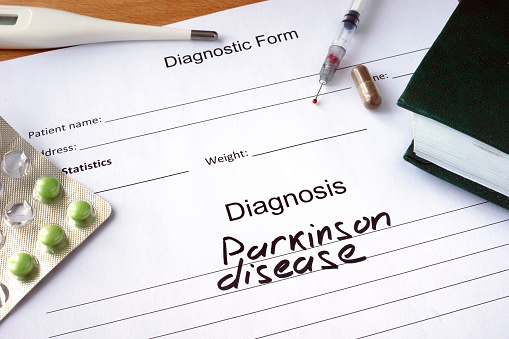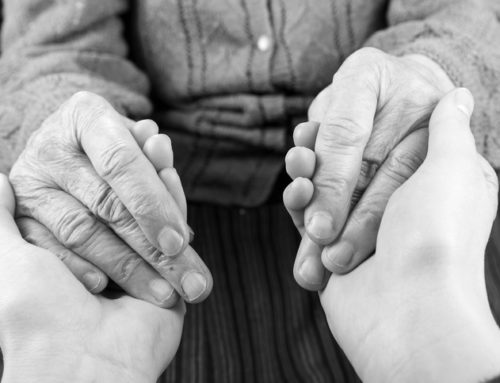The signs you may not know…
PD has a range of symptoms that are quite visible and several others that are not. Unfortunately, the signs you may not be aware of makes it difficult to treat the disease in its early stages—most people associate Parkinson’s Disease with hand tremors and uncontrolled body movements, but it is easy to not recognize or understand the other lesser symptoms.
Sleep Disorders: Insomnia, daytime sleepiness and REM Behavior Disorder—there is a suggestion among researchers that there is a link between sleep disorders and PD; ‘brain degeneration attacks the brain circuits controlling REM sleep before it attacks those areas involved in Parkinson’s, Alzheimer’s, and other neurodegenerative conditions’. Cognitive Problems: While not everyone experiences cognitive issues, some PD sufferers will experience memory loss and are challenged with the ability to multi-task and to maintain concentration levels. Loss of Smell: Most people with PD will suffer a loss of smell—while not everyone with smell loss has PD, some feel that this is an important, unrecognized symptom. Voice Volume: Changes in voice patterns, such as slurred speech or speaking in a quieter tone, has been associated with those who have early signs of PD—it can also affect their ability to sing if they have had a previous talent in that genre. Facial Masking: This is when there are noticeable changes in facial expressions.[2] This may include absence of facial expressions or unblinking eyes. Orthostatic Hypotension: This early on PD symptom is due to a drop in blood pressure while making a change in one’s position, such as sitting to standing, causing light headiness or dizziness. It can result in passing out, experiencing lethargy or even queasiness. Instability on ones feet can also affect gait and balance, which contributes to falls. Dystonia: This is when painful, protracted muscle contractions occur. It is one of the most common movement disorders for those who suffering from Parkinson’s Disease. ‘Some experts estimate that 40% of people living with Parkinson’s disease experience dystonia as an early symptom. Some forms of dystonia are characterized by parkinsonism.[3] [1] Trends in Neurosciences [2] MichaeljFox.org [3] https://www.michaeljfox.org/understanding-parkinsons





